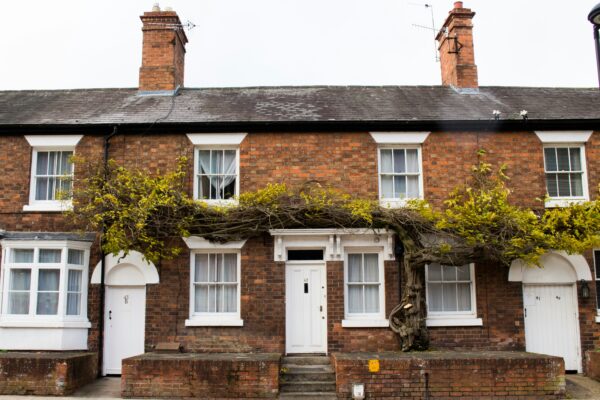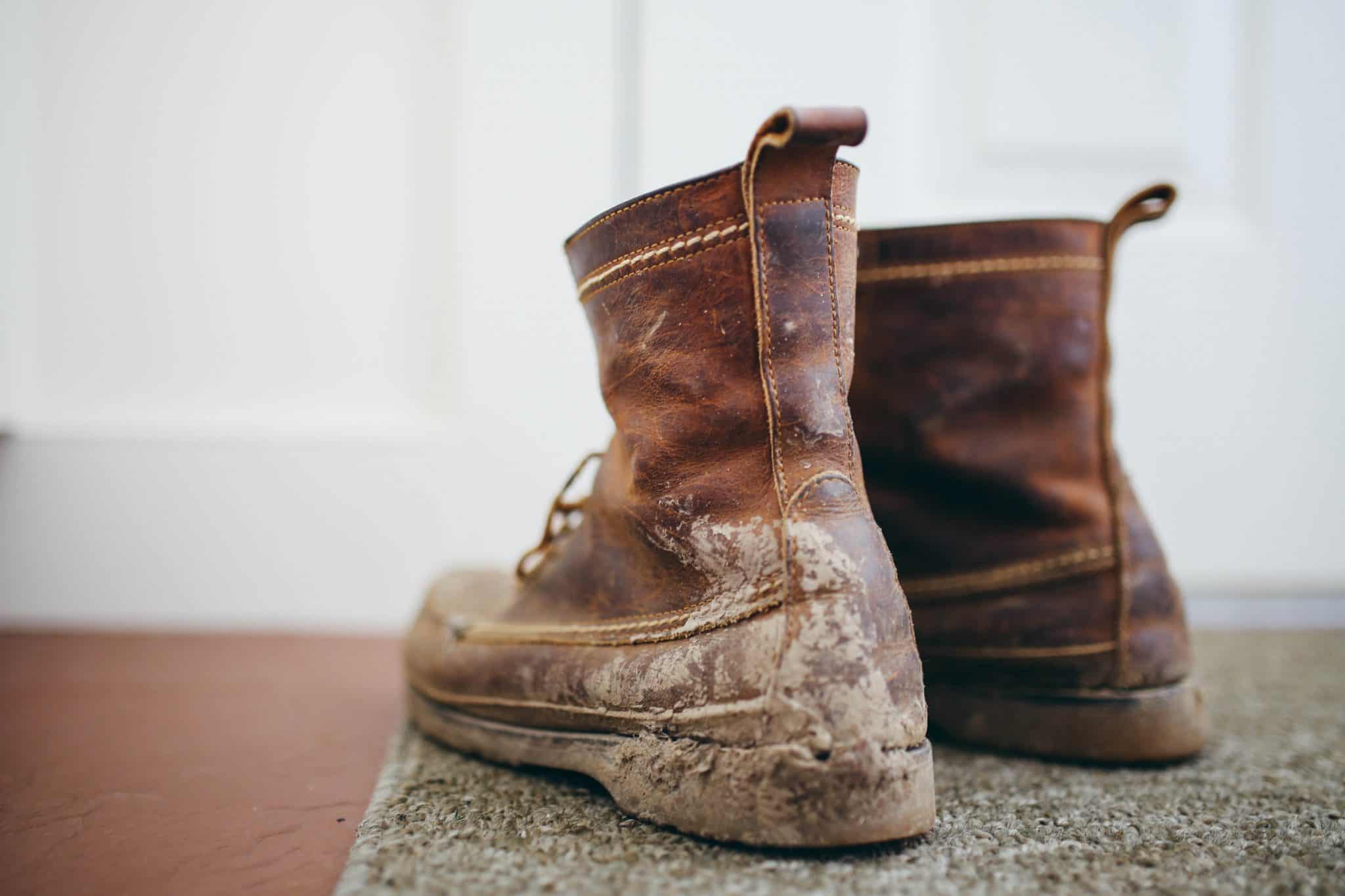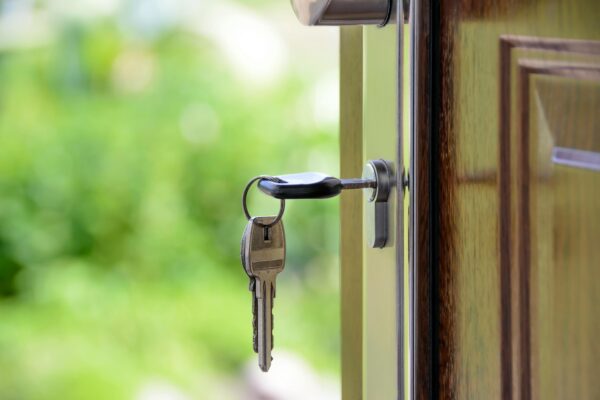
Islamic Mortgage Remortgage Guide: What to Do When Your Fixed Term Ends
02 December 2025 8 min read


Ibrahim Khan
Co-founder
9 min read
Last updated on:
In Part One of this blog I went through why there is very little justification for a conventional mortgage and why so many of the attacks on Islamic mortgages are baseless. Judging from the comments the article instigated, some of you understood that this line of argument was giving my unequivocal support for Islamic mortgages!
In this part I get down to the real crunchy stuff. I go through the major fiqhi issues with currently available Islamic mortgages, and then give some general reflections on what that means for us practically as Muslims living in the 21st Century, and whether we should or should not be taking out Islamic mortgages.
I will be referring to Shaykh Haitham’s excellent article on this topic whenever I feel he has already covered a point adequately – no point reinventing the wheel! Also for the technical buffs in the readership, I’ll be focusing in on the musharakah model. Also for those of you who want a good introductory reading list on the subject, see this previous blog.
UPDATE: Check out our detailed review of Al Rayan here, as well as our completely free “Should I Buy or Rent” calculator and our Islamic mortgage comparison page.
Islamic banking is supposed to be a fundamental paradigm shift from lending to an individual where he is exposed to all the risk of the venture and where the bank simply takes its fixed return, to a setup where the bank is seen as much more of a partner in the venture and consequently shares in the risk associated with the house.
Unfortunately four things seem to contradict this.
Firstly Islamic mortgages – at least those that are available in the UK – ask the buyer to take out house insurance on the house so that everyone is covered in the case an alien spaceship decides to land on the house.
Secondly, the Islamic bank also asks the customer to maintain the house and make sure its general upkeep is done. Have a read of this Al Rayan brochure which goes through their whole process. On Page 24 it lays out the 5 different agreements that the customer has to sign up to. The one I’m banging on about right now is the “Service agreement”.
Now if the Islamic bank owned 80% of the house say, then a common sense understanding of house ownership and partnership in a business would suggest that costs are split 80-20 when it comes to home insurance and upkeep. But that currently doesn’t happen with Al Rayan. (It does however happen with some other Islamic banks in other countries)
Thirdly, banks ask the customer to pay the stamp duty upon the purchase of the house. Again this does look like the bank isn’t adequately taking on ownership costs of the house. However I don’t think this is actually a major issue as ultimately the customer does buy back the entire house and should have to pay some stamp duty at some point. Perhaps, rather than getting the customer to pay the stamp duty entirely, the bank should contribute a minority sum towards it, say 20%, as they will after all own a significant part of the house for over 15-20 years sometimes.
Fourthly, Islamic banks do not fully expose themselves to the vagaries of the open market. When you become a partner in a taxi for example, and you both invest £50 each, let’s say your partner gets you to promise you will buy his share off him at £50 in a year’s time, regardless of the then value of the taxi. Given this locked-in price your partner is in effect not risking very much – he certainly isn’t risking loss.
In Islamic mortgage this locked-in pricing happens in the quarterly or six monthly or annual buy-back of a stake in the house. The Islamic bank agrees with you from the start that the house will be sold to you bit by bit at the same price it as bought at by you right at the start of your mortgage. This in effect helps you out, as house prices mostly rise, so if the bank was to work out the market price for its 80% share it would likely be more than what you bought it for.
But of course sometimes it can go in the bank’s favour. Let’s say you want to sell and the house price has actually fallen below what you bought it for. So let’s say you bought for £200,000 and owe the bank £160k. Unfortunately the house is now worth only £150k. In this situation Al Rayan say that they can refuse the sale, but if you really want to sell then you must pay them back entirely. While this is acceptable in the letter of the Islamic law again this doesn’t seem to me to partake properly and fully in the risk-sharing of the venture. In fact all the scholars of all the madahib are unanimous that loss-sharing must be shared, even if profits can be distributed in an unequal manner.
The Islamic mortgage uses LIBOR pegged values to work out rent, instead of working out what the local rent would be for the property. This is not ideal however two important things have to be said in defence of this: (a) the Islamic banks usually charge less in rent right now than they would if they charged the local rental value. So in effect the customer is quids in with this practice. (b) It would be quite a task to quarterly or biannually work out new local rent rates for each of the thousands of mortgage properties that the banks will have on its books. So from a practicality perspective this would be difficult.
This issue I feel is often one that slips under the carpet as most people discussing Islamic finance often do not have an economics background. Unfortunately the reality today is that 97% of our money supply is created by private interest-dealing banks who simply pop money into existence. You can find out more about how all this works here. Islamic banks too unfortunately operate on this system from the basic research I’ve been able to come across on this subject here and here. What this means is that banks are essentially creating money out of nothing. This goes against the well-established Islamic principle “do not sell that which you do not have”, and raises all sorts of major macroeconomic problems that I won’t go into here. Suffice to say that fractional reserve banking screws up the economy, causes inflation, and puts money supply in the hands of an unelected elite group of bankers.
So if UK Islamic banks also operate according to these practices, and it is highly likely they do, then this is another serious problem with Islamic banking.
I’ll put down some general thoughts on each of the 3 problems:
Problem 1:
Problem 2:
Problem 3:
Ultimately the decision is yours, and one you should do in consultation with your Islamic scholar, but from where I stand, it seems that in this interconnected and global financial system that we live with today, Muslims need to have a foothold – and Islamic banks are that first foothold. This means that we must support them by actually using them.
However if we’re genuine about our concern to stay away from riba and live in a fairer society, then we need to:
Please so comment your thoughts below, subscribe to the blog, and share with friends and family.
PS: I would like to point out that I am not a world-renowned scholar like Mufti Taqi Usmani, Sh. Haitham Haddad etc. What I have presented today are the reasonably informed reflections of someone who has a working knowledge of sharia, economics, Islamic finance, and financial fiqh. These reflections are designed to provoke reflection, debate, and conversation. They’re not a diktat, an edict, or a fatwa.
PPS: Here is another article on Islamic mortgages that I’ve written pertaining the taking out of conventional mortgages by some people.
PPPS: For those who are still uncomfortable on the sharia side we recommend checking out an alternative to a mortgage such as the one provided by Wayhome.

02 December 2025 8 min read

05 September 2025 11 min read
Leave a Reply